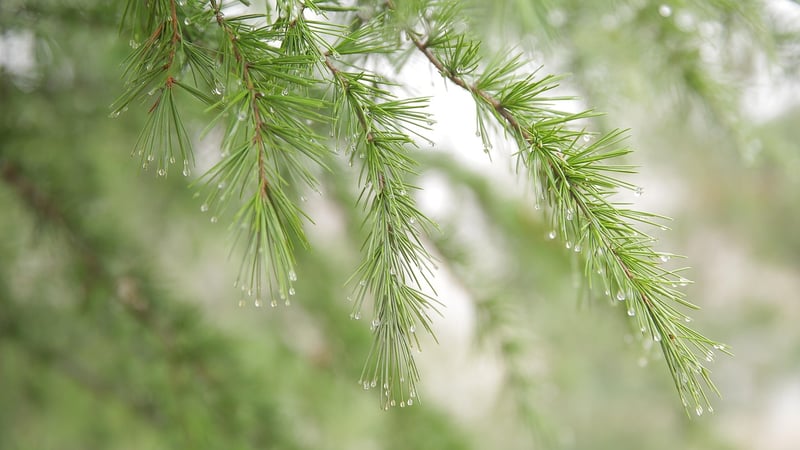Rainwater Harvesting
Environmentally Friendly Gardening Methods + Rainwater Harvesting
Creating a sustainable garden not only benefits the environment but also enhances the beauty of your outdoor space. By implementing environmentally friendly gardening methods and utilizing rainwater harvesting techniques, you can cultivate a thriving garden while reducing your carbon footprint. Let's explore some eco-conscious practices for a greener garden.
1. Composting
Composting is a natural way to recycle organic waste and enrich your soil. By composting kitchen scraps, yard trimmings, and other biodegradable materials, you can create nutrient-rich compost to improve soil structure and fertility. This reduces the need for chemical fertilizers, promoting a healthier ecosystem in your garden.
2. Planting Native Species
Choosing native plants for your garden helps support local biodiversity and requires less water and maintenance. Native species are adapted to the local climate and soil conditions, making them more resilient to pests and diseases. Additionally, native plants provide food and shelter for local wildlife, contributing to a balanced ecosystem.
3. Rainwater Harvesting
Rainwater harvesting involves collecting and storing rainwater for later use in your garden. By installing a rain barrel or a more complex rainwater harvesting system, you can reduce reliance on municipal water sources and lower your water bills. Rainwater is naturally soft and free of chlorine, making it ideal for watering plants and reducing water waste.

4. Mulching
Applying mulch around your plants helps retain moisture, suppresses weeds, and regulates soil temperature. Organic mulches like wood chips, straw, or leaves decompose over time, enriching the soil with organic matter. Mulching also reduces erosion and runoff, protecting the soil and promoting healthy plant growth.
5. Integrated Pest Management (IPM)
Implementing Integrated Pest Management strategies minimizes the use of chemical pesticides and encourages natural pest control methods. By attracting beneficial insects, using companion planting techniques, and practicing crop rotation, you can manage pests effectively while preserving a balanced ecosystem in your garden.
6. Sustainable Irrigation
Opt for drip irrigation or soaker hoses to deliver water directly to the roots of plants, minimizing water loss through evaporation and runoff. Watering early in the morning or late in the evening reduces water loss to evaporation. Consider installing a rain sensor to prevent irrigation during rainy periods and conserve water effectively.
By adopting these environmentally friendly gardening methods and incorporating rainwater harvesting into your routine, you can create a vibrant and sustainable garden that benefits both your plants and the planet.
Start implementing these practices today and watch your garden thrive in an eco-friendly way!
